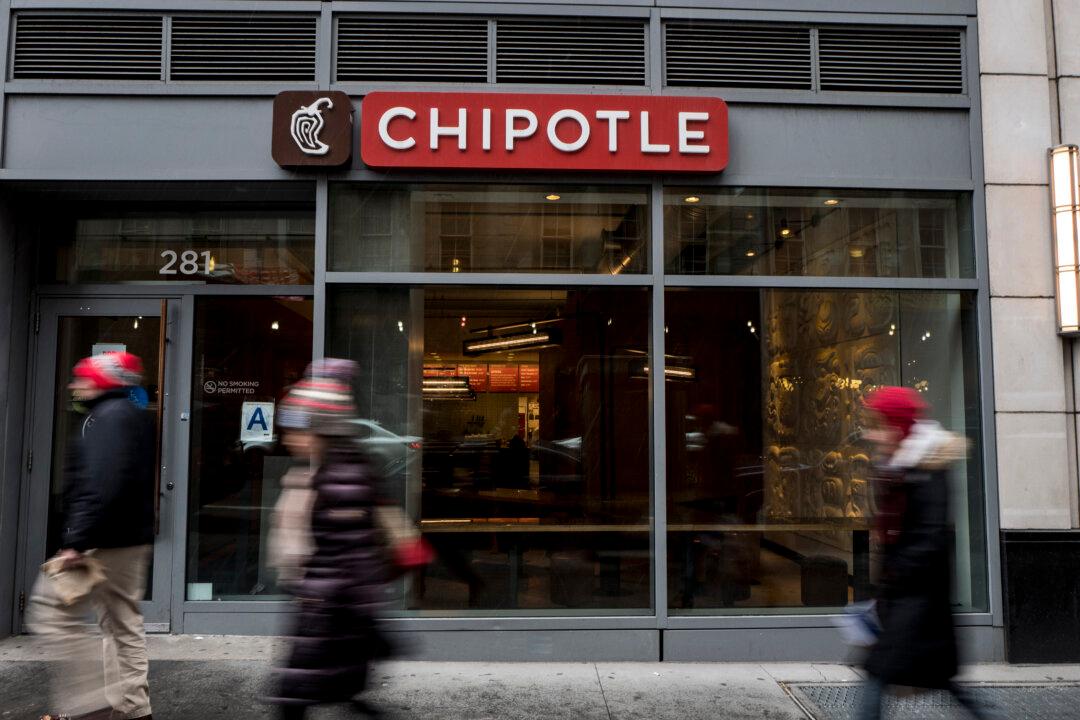A new study claims that the bowls used to hold food served at Chipotle and Sweetgreen tested positive for so-called “forever chemicals” that have links to cancer.
The New Food Economy said it tested pieces of the all-fiber bowls and found they contain PFAS or per- and polyfluoroalkyl substances. That’s a class of more than 4,000 fluorinated compounds that don’t naturally break down.






